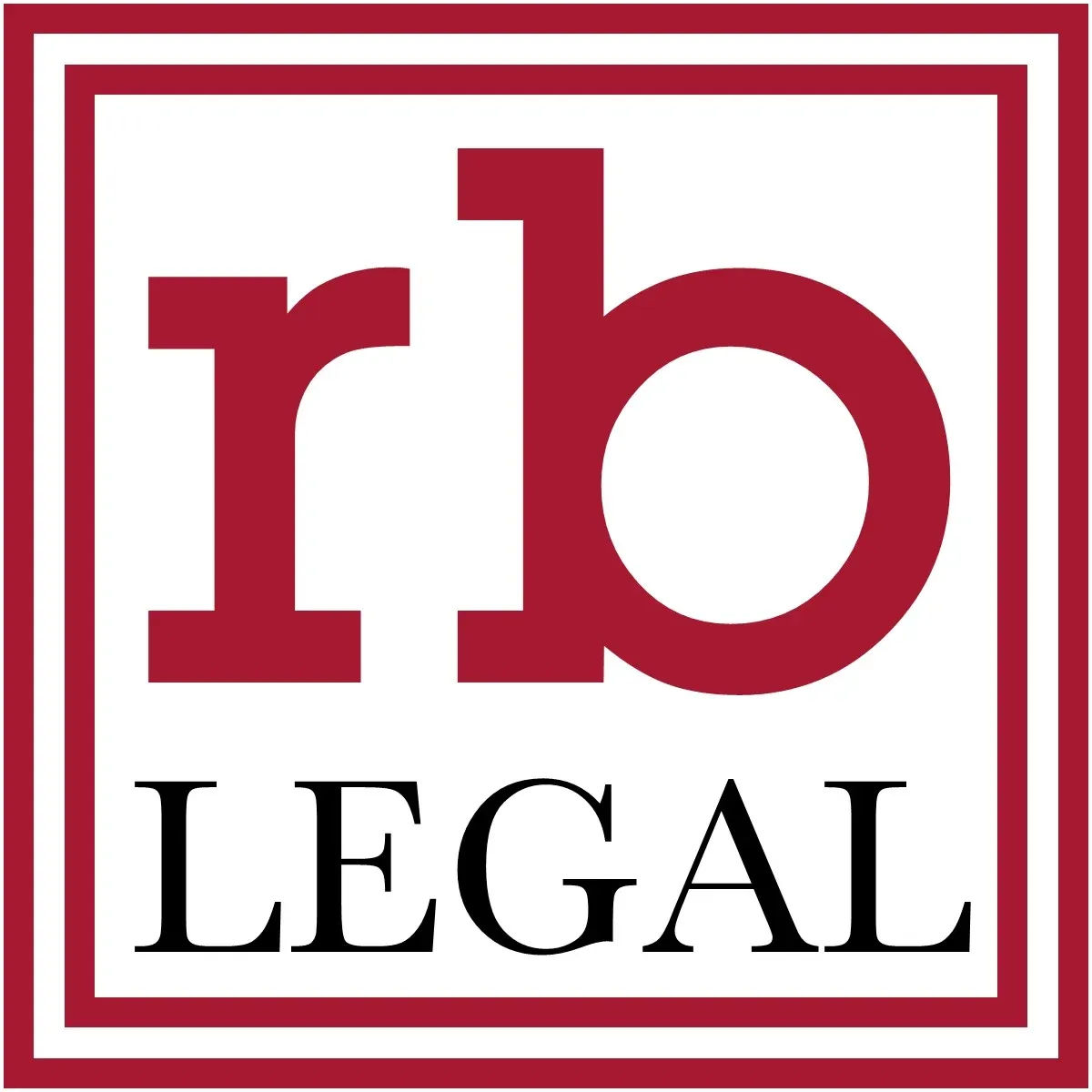When there are assets left in a person’s estate that have no way of passing on to an heir or beneficiary without the court-based probate process, those assets are probate assets.
Probate assets do not have their own beneficiary designations, so it’s unclear how they’re meant to be passed on. For example, while a bank account may set up a person’s spouse as its beneficiary or a life insurance policy may pass directly to a person’s child, the same is not the case for property with no designation.
The types of assets that are subject to probate could vary
Depending on the circumstances, property such as IRAs or 401(k)s could end up being probated if the beneficiary dies before the owner. The same may be true if you set up a trust but the beneficiary dies before the trust is able to be executed.
Assets that are not assigned in a trust or through a will may be probated, too, making it take longer for those assets to pass to those in your family.
What is the solution to protect assets against probate?
There are a couple of options that could help, but one of the most common is the pour-over will . This types of will is used in combination with a trust to make sure all of your assets move into the trust as soon as possible after your death.
The simplicity of a pour-over will is helpful. It states that any assets that haven’t gone into the trust should move over into it upon your death. By doing this, those assets then have a beneficiary assigned based on the rules of the trust.
Another option could be to specifically assign assets to someone in your will. For example, you may make it known that you’d like to pass your home on to your child rather than your spouse. To make sure your wishes are legally binding, it’s a good idea to add your preferences to your will early and to talk to those you’d like to leave property to in advance. Doing this will mitigate the risk of will contests that could otherwise arise.
There are methods to help you avoid probate . Using a pour-over will and other options could help.

© 2024 rb LEGAL
The information you obtain at this site is not, nor is it intended to be, legal advice. You should consult an attorney for advice regarding your individual situation. We invite you to contact us and welcome your calls, letters and electronic mail. Contacting us does not create an attorney-client relationship. Please do not send any confidential information to us until such time as an attorney-client relationship has been established.